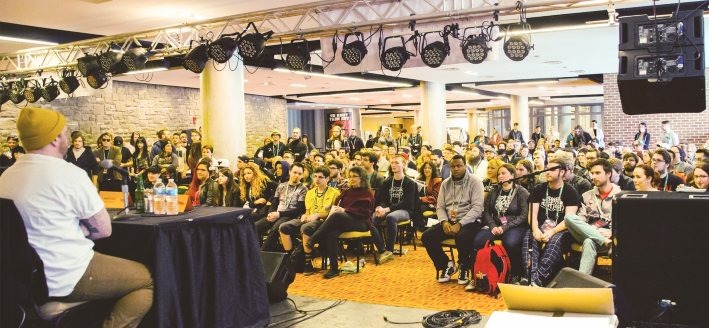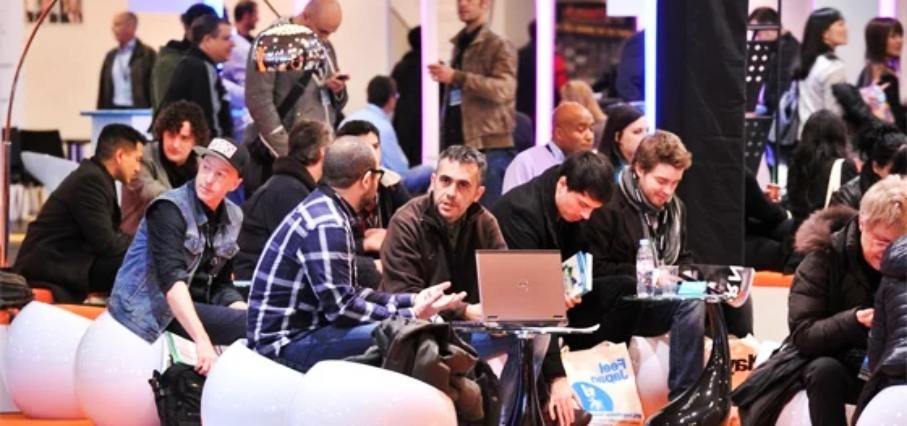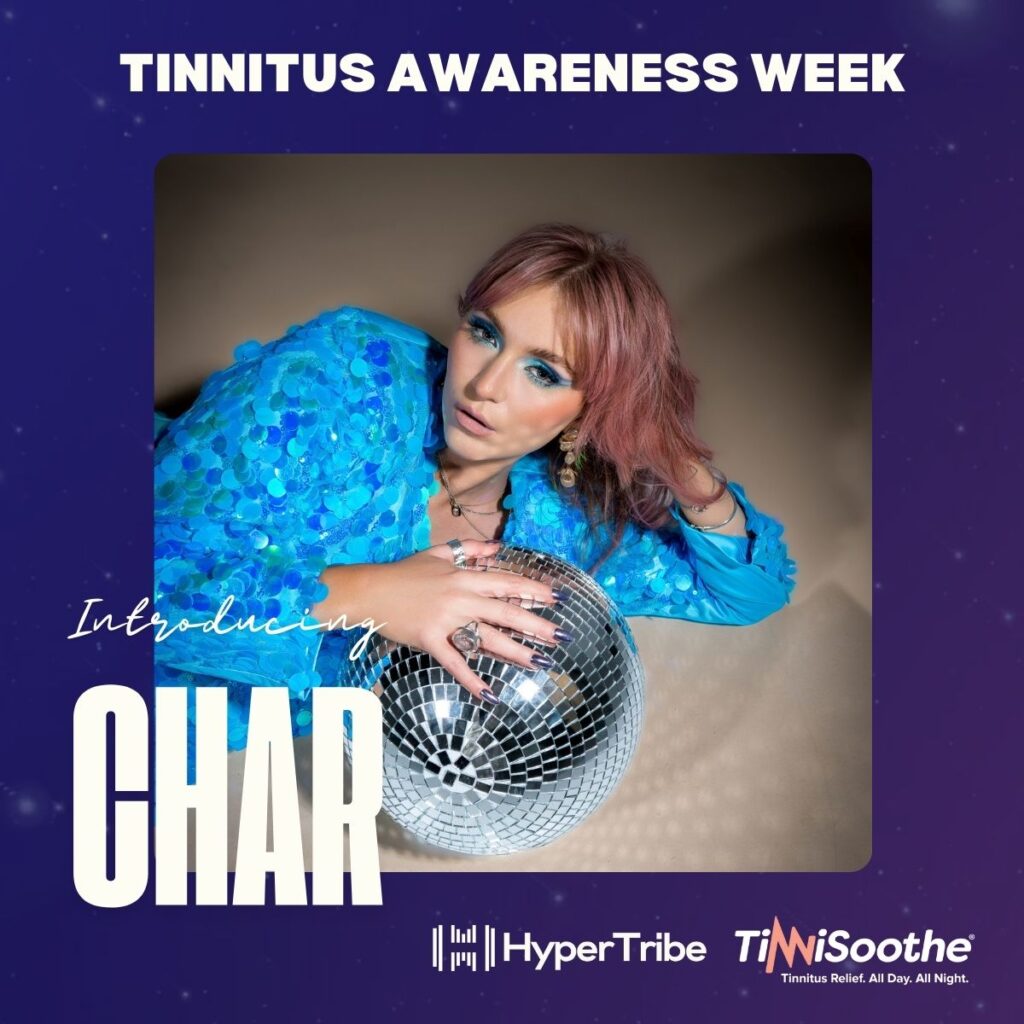The Evolution of Music Industry Conferences
From Small Gatherings to Global Events
From their modest origins, Music Industry Conferences have evolved. These were the first private meetings where producers, musicians, and business leaders might get together to exchange ideas. These conferences increased in scope and importance as the music business evolved and technology developed. Thousands of people from all around the globe attend these worldwide events nowadays.
Easier access to travel and communication is one factor driving this development. Social media and the internet enable fast and extensive distribution of knowledge about these gatherings. These events are more important since this has sparked a boom in interest and involvement.
Moreover, the globalization of the music industry has helped these conferences flourish. Together to share their distinct viewpoints and experiences, musicians and business leaders from many nations and cultures create a rich and varied environment for learning and cooperation.
The Impact of Technology on Conference Formats
The influence of technology on music industry conferences cannot be overstated. From enhanced networking tools to virtual events, technology has changed the way these conferences are planned and experienced. The emergence of virtual conferences which arose as a need during the COVID-19 epidemic but have lately become somewhat popular is one of the most apparent shifts.
Virtual meetings have various benefits. Attendees can join from anywhere globally without traveling, making them more accessible. This has created chances for musicians and business people who might still need to make in-person event attendance possible owing to geographical or budgetary restrictions.
Apart from virtual formats, technology has improved the in-person conference experience. Advanced networking applications let attendees organize meetings, connect more quickly, and swap contact data. Live-streaming features and interactive sessions help participants to have an exciting and dynamic experience.
Inclusion and Diversity in Conference Lineups
In Music Industry Conferences, inclusion and diversity have lately attracted increasing attention. Organizers are working hard to guarantee that various voices and points of view are shown in their lineups. This covers speakers and panelists from several backgrounds discussing industry diversity and inclusion issues.
This strategy has several advantages. Different lineups result in richer conversations and more significant intellectual interchange. They also raise awareness and understanding of the possibilities and difficulties underprivileged groups experience in the music business.
Encouragement of diversity and inclusion can also help underrepresented artists and business leaders in their careers. Conferences can improve the profiles of attendees by giving them a stage to present their ideas and experiences, creating new chances for development and cooperation.
Keynote Speakers and Industry Experts

Insights from Renowned Musicians
Hearing from well-known musicians is one of the pleasures of music business events. Often sharing their travels, these musicians provide insightful analysis of their creative processes, career paths, and obstacles. Hearing these tales will motivate and provide direction for budding musicians.
For instance, a keynote speech by a successful musician may address subjects including the value of tenacity, the function of networking, and how industry shifts affect their career. These first-hand reports might provide attendees with helpful guidance and doable ideas to adopt at their workplace.
Hearing from seasoned musicians can also help to demystify the road to success. Through their hardships and triumphs, these musicians may offer a more realistic and sympathetic viewpoint on the demands of navigating the music business.
Industry leaders sharing their experiences
Apart from artists, music business conferences usually include keynote presentations and panels of business leaders. These people provide a lot of knowledge and experience record label executives, producers, managers, and marketing professionals, among others. Their observations help clarify the business’s fundamental dynamics and provide insightful direction for future performers.
For instance, a well-known record label CEO might talk about the current situation of the music business, new trends, and the traits they search for in fresh talent. Producers may offer advice on producing a sound recording and relate their experiences collaborating with other performers. These events provide participants with helpful guidance and better business awareness.
Moreover, listening to business experts can help close the distance between ambitious musicians and industrial decision-makers. Conferences can enable connections and teamwork that might not otherwise arise by giving a forum for honest communication.
The role of keynote speeches in shaping the industry
Keynote speeches greatly influence the music business by establishing the conference tone and emphasizing significant themes and trends. These presentations frequently start conversations and arguments, inspiring fresh listeners’ thoughts and viewpoints.
A keynote speech could discuss how streaming platforms affect the music business, the need for mental health for musicians, or technology’s role in generating fresh prospects. By raising awareness of these issues, keynote speakers can assist in propelling an industry-positive transformation.
Keynotes can also inspire and drive listeners. Speaking with influential people in the business helps to confirm their love of music and provides the support required to follow their objectives. This inspiration can be relatively intense, motivating participants to act and significantly help the sector.
Emerging Trends and Innovations

The rise of virtual conferences
One of the most notable developments in the music industry recently has been the growth of virtual conferences. Although virtual events first answered the COVID-19 epidemic, they have become a popular and practical choice for industry professionals and performers all over.
There are numerous main benefits to virtual conferences. They are more convenient, so participants can join from anywhere without traveling. This has created chances for some who might still need help to attend in-person events for financial or geographical reasons. Furthermore, virtual conferences are more reasonably priced for planners and attendees as they usually have fewer expenses.
Virtual conferences also help one to reach a larger audience. These events can draw people from many backgrounds and areas by removing the requirement for physical attendance, thus fostering more significant intellectual interaction. Moreover, virtual conferences can be videotaped and made available on-demand so attendees may review sessions and catch up on any materials they might have missed.
Exploring new revenue streams for artists
Artists in the music business have to change with the times and embrace fresh ideas to remain relevant. Investigating fresh income sources has been one of the most important developments of recent years. Artists are looking for other means of revenue since conventional sources such as album sales and live events have become less dependable.
Using digital platforms and streaming services is one newly developing income source. Using these venues, artists can create cash via royalties and advertising and appeal to a worldwide audience. Many musicians also investigate prospects in digital goods such as NFTs (non-fungible tokens), virtual concerts, and exclusive content.
Brand sponsorships and collaborations are still another possible source of income. Working with brands helps artists get financial backing and publicity; brands might profit from having well-known musicians associated with them. This mutually helpful partnership might raise awareness and fresh chances for both sides.
Innovative technologies transforming the music industry
Innovative technologies bring about unprecedented transformations in the music business. These technologies, from artificial intelligence and machine learning to virtual reality and blockchain, present musicians and business leaders with new possibilities and problems.
AI and machine learning, for instance, examine data and forecast patterns to enable musicians to make better career decisions. These technologies also provide tailored recommendations for listeners, improving the music experience.
Virtual reality is another fascinating development that features live events and opportunities for audience interaction. VR events and experiences let supporters interact with musicians in hitherto unthinkable ways and sink themselves into the music. This technology might completely transform the live music scene and provide fresh income sources for musicians.
Blockchain technology also permeates the music business, especially regarding royalties and intellectual property. Blockchain can help guarantee artists get paid for their work by offering a straightforward and safe approach to monitoring ownership and payments. This technology can solve long-standing problems related to royalty distribution and copyright.
Networking and Collaboration Opportunities

Building connections in the music industry
A successful career in the music business depends on networking. Conferences in the music business offer musicians, producers, managers, and other experts a perfect venue for networking and cooperation. These gatherings present many chances to network with like-minded people, exchange ideas, and build meaningful partnerships.
One main advantage of conference networking is exposure. Engaging with business leaders helps musicians highlight their skills and leave a memorable impact. New chances may follow, including record agreements, bookings, and partnerships.
One further benefit of networking is the chance to grow using others. Aspiring artists can learn a lot about negotiating the business by interacting with seasoned professionals. These interactions can direct everything, including marketing plans and professional paths.
Collaborative projects that emerged from conferences
Many significant joint initiatives have started in the music industry conferences. These gatherings bring together people from many backgrounds and areas of knowledge, providing a rich foundation for creative alliances.
Here are a few examples of collaborative projects that emerged from conferences:
- Joint Albums and EPs: Musicians gather during conferences and frequently work on fresh musical projects together. Joint Albums and EPs These partnerships can produce joint albums and EPs combining several genres and inspirations, creating original and creative music.
- Touring Partnerships: Conference networking might also result in traveling alliances. Musicians and groups might tour together, sharing audiences and resources. This can allow them to become more visible and widen their influence.
- Business Ventures: Apart from innovative teamwork, conferences might result in commercial enterprises. To launch a new record label or production firm, a musician might, for instance, team up with a management or producer they met at a conference. These businesses offer fresh chances for expansion and development.
The importance of networking for career growth
Professional development in the music business depends on networking. Creating a solid network of contacts may help guide you and open doors to fresh possibilities. The following justifies the great significance of networking:
- Access to Opportunities: Networking can enable musicians to seize fresh chances, including record deals, gigs, and joint projects. Establishing rapport with business leaders will help musicians raise their profile and chances of being observed.
- Support and Mentorship: The second is a solid network may offer priceless mentoring and support. Expert professionals can provide direction and guidance, guiding ambitious musicians through the obstacles of the business. Success and job advancement can depend critically on this help.
- Knowledge and Learning: Learning and development possibilities abound in networking. Engaging with other musicians helps artists keep current with trends and advances, get fresh ideas and viewpoints, and keep their abilities constantly developing.
Tips for effective networking at conferences:
1. Be Prepared
Great networking at conferences depends on preparation. Research the presenters, panelists, and other participants of an event before you go. Name people you want to get in touch with and find out more about their hobbies and backgrounds. This will generate a good impression and enable you to start meaningful dialogues.
Apart from investigating attendees, create an elevator pitch that summarizes your background and work ethic. This will enable you to present yourself boldly and leave a memorable impact. To share with new acquaintances, include plenty of business cards or digital contact data.
2. Engage and Connect
Try interacting and connecting with others at a conference. Go to panels, seminars, and networking gatherings, and participate actively in conversations. To show new people your interest in their work, kindly introduce yourself and ask questions.
In your contacts, be genuine and honest. Rather than merely compiling contacts, concentrate on developing relationships. Show them a sincere curiosity in them and pay close attention to what they say. This will enable you to build a strong network and develop significant relationships.
3. Follow Up
Effective networking depends critically on following up. Please spend some time following the conference getting in touch with the contacts you established and thanking them for the talks. Remind them of your meeting by sending individual follow-up letters expressing your desire to remain in touch.
Consider setting up calls or follow-up meetings to carry on the discussion and investigate possible joint ventures. Regular communication with your network helps you keep the next chances in mind and establish bonds.
Read Also: Driving Music Industry Innovation
The Future of Music Distribution

Music distribution has drastically altered in recent years; this trend is likely to last. Talks about the future of music distribution, investigating new platforms and technology changing the scene, usually center on the music business conferences.
For instance, although new technologies like blockchain and artificial intelligence are starting to show their influence, streaming services have become the primary means of music distribution. These developments might produce new chances for listeners, artists, and conventional distribution systems.
The Role of Social Media in Music Promotion
Nowadays, social media is a necessary instrument for music promotion, and its function is continually changing. Talks on the newest trends and approaches for using social media to develop a following and advertise music abound at conferences.
Subjects cover recommended methods for producing interesting material, interacting with fans, and leveraging sites, including Instagram, TikHub, and YouTube. These conversations can give artists trying to improve their social media presence insightful analysis and advice.
Music Industry Mental Health and Wellbeing
The music business may be stressful and complicated; mental health and well-being have become hot conference subjects. Often examining the particular challenges artists and business professionals encounter, panels and seminars usually provide techniques for preserving cognitive health and well-being.
These conversations can help to increase understanding of mental health concerns in the business and lower their related stigma. They also offer priceless tools and assistance for those who might be suffering.
Conclusion
Music industry conferences offer many opportunities for aspiring musicians and industry professionals. From gaining insights from renowned speakers to exploring emerging trends and innovations, these events provide a platform for learning, networking, and growth.
By attending conferences and actively participating, musicians can build valuable connections, gain new knowledge, and stay informed about the latest developments in the industry. Whether you’re looking to collaborate with other artists, learn from industry leaders, or gain inspiration, music industry conferences are an invaluable resource.
If you’re passionate about the music industry and looking to take your career to the next level, consider joining HyperTribe’s exclusive membership. Our community of like-minded musicians and industry professionals offers support, resources, and opportunities for collaboration. Sign up today and start your journey toward success with HyperTribe.
FAQs
What are music industry conferences?
Music industry conferences are events where musicians, producers, managers, and other industry professionals come together to share knowledge, network, and explore new trends and innovations in the music industry.
How can I benefit from attending a music industry conference?
Attending a music industry conference can provide numerous benefits, including the opportunity to learn from industry leaders, network with other professionals, gain exposure, and stay informed about the latest trends and developments in the industry.
What should I bring to a music industry conference?
When attending a music industry conference, it’s a good idea to bring business cards or digital contact information, a notebook or device for taking notes, and an elevator pitch that succinctly describes who you are and what you do.



